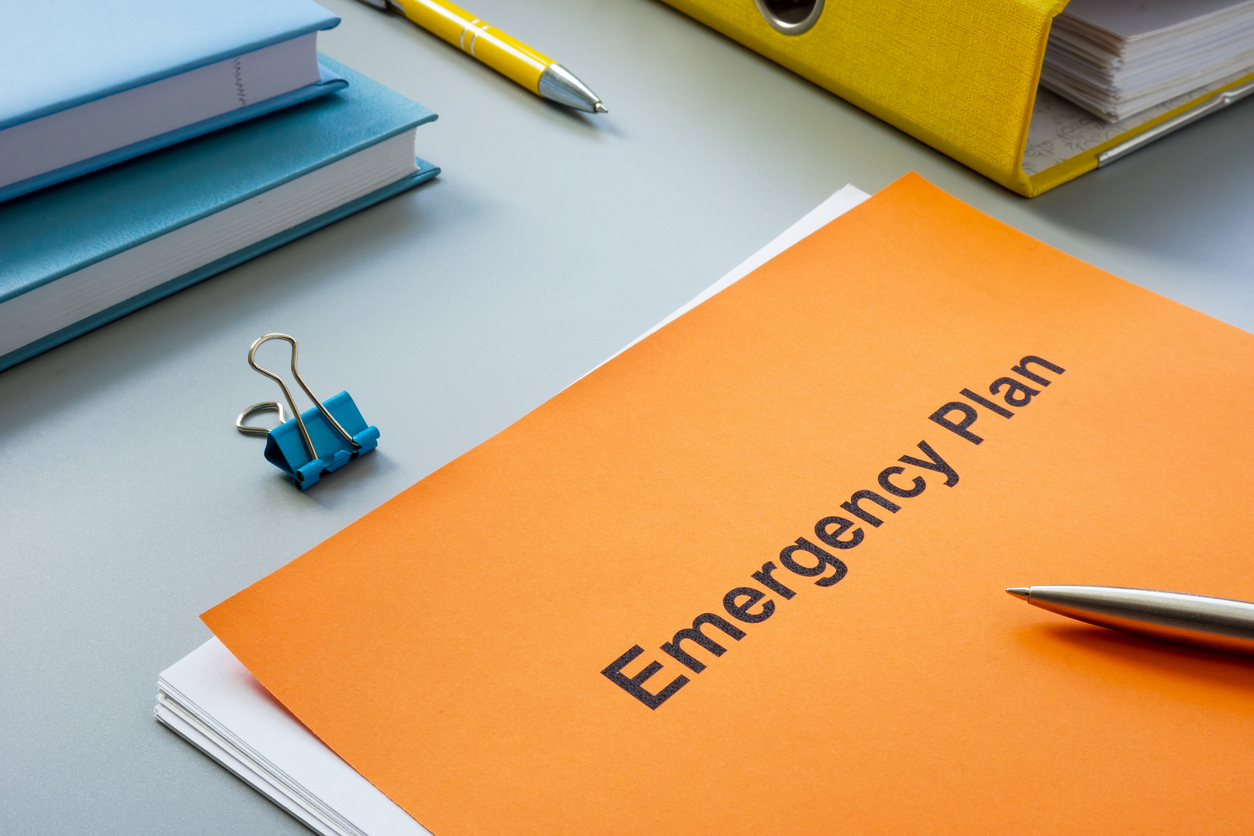Inasmuch as travel abroad is lucrative, it is important to be vigilant. Get more information on the “Top 6 Tips on Handling Crisis Management Abroad.”
Traveling abroad is an exciting adventure that offers the chance to see various cultures firsthand, as well as excitement and discovery. But it’s important to understand that there are hazards associated with travel, such as the potential for crises or unforeseen circumstances.
Travelers need to be ready to handle a variety of situations when they are overseas, from political upheaval and medical emergencies to natural disasters and security concerns. In this extensive manual, we examine crisis management techniques while traveling overseas, offering insightful analysis, useful advice, and helpful resources to keep visitors secure and resilient in the face of difficulty.
Meet our consultant today
Get more information on the “Top 6 Tips on Handling Crisis Management Abroad.”
Recognizing Possible Travel Disasters
It’s important to comprehend the many kinds of emergencies and unforeseen events that visitors may experience before diving into specific crisis management tactics abroad:
- Natural Disasters: Travelers in impacted areas face serious hazards from sudden natural disasters such as earthquakes, storms, and tsunamis.
- Medical Emergencies: Accidents, illnesses, and injuries can happen at any time when traveling, necessitating immediate medical attention and the right care.
- Political Unrest and Civil Unrest: Protests, rallies, and political upheavals have the potential to cause unrest and instability in some places, which could endanger or impede passengers.
- Travelers in some areas should exercise extra caution and alertness due to security dangers posed by violent crime, armed conflict, and terrorism.
- Travel Disruptions: Travelers may experience inconvenience and uncertainty as a result of flight cancellations, strikes affecting the transportation system, and logistical difficulties that arise.
Get more information on the “Top 6 Tips on Handling Crisis Management Abroad.”
Top 6 Tips On Handling Crisis Management Abroad
Techniques for Handling Crises Internationally
Planning and Research
- Do extensive research about your destination—including possible dangers, local laws, and emergency resources—before you depart. Get more information on the “Top 6 Tips on Handling Crisis Management Abroad.”
- In order to receive emergency assistance, register with the embassy or consulate of your nation in the country of destination, giving contact details and travel itinerary.
- Create a thorough travel schedule and distribute it to close friends and family members, along with copies of all necessary travel documents, including passports, visas, and travel insurance policies.
Keep Up With It
- Keep up-to-date on the latest happenings and events in your location. Keep an eye on reliable news sources and official travel warnings for information on any updates regarding dangers or threats. Get more information on the “Top 6 Tips on Handling Crisis Management Abroad.”
- To get timely information on travel disruptions or safety issues, sign up for travel alerts and notifications from appropriate agencies, such as airlines, tour operators, and local emergency services.
Continue Talking
- Maintain open lines of communication and create frequent check-ins and emergency contact procedures with friends, family, and traveling companions.
- Keep a local SIM card or a fully charged cell phone with international roaming capability on you at all times so you can stay connected in an emergency.
Get an emergency travel kit ready.
- Prepare a travel emergency kit with basic medical supplies, prescription drugs, emergency contact information, portable chargers, and copies of critical paperwork.
- Think about packing extra cash for emergencies and a backup credit card in case of unforeseen costs or problems.
Observe safety precautions
- To reduce risks and steer clear of potential hazards, abide by local safety norms and regulations, such as traffic laws, health precautions, and security measures.
- When in an unknown place, proceed with prudence and situational awareness, abstaining from risky or dangerous actions, and keeping an eye out for any risks. Get more information on the “Top 6 Tips on Handling Crisis Management Abroad.”
Ask for Help
- Consult the emergency services, local authorities, or the embassy or consulate of your nation for advice and assistance in times of crisis or emergency.
- To report occurrences and request assistance with medical crises, evacuation plans, or travel disruptions covered by your policy, get in touch with your travel insurance provider.
Effective crisis management overseas necessitates readiness, alertness, and flexibility in order to handle unforeseen obstacles and emergencies.
While traveling, travelers can improve their resilience, safety, and peace of mind by implementing the techniques described in this article. When traveling abroad, don’t forget to stay connected, stay informed, and be ready for any adventures or difficulties that may come your way.
Get more information on the “Top 6 Tips on Handling Crisis Management Abroad.”
